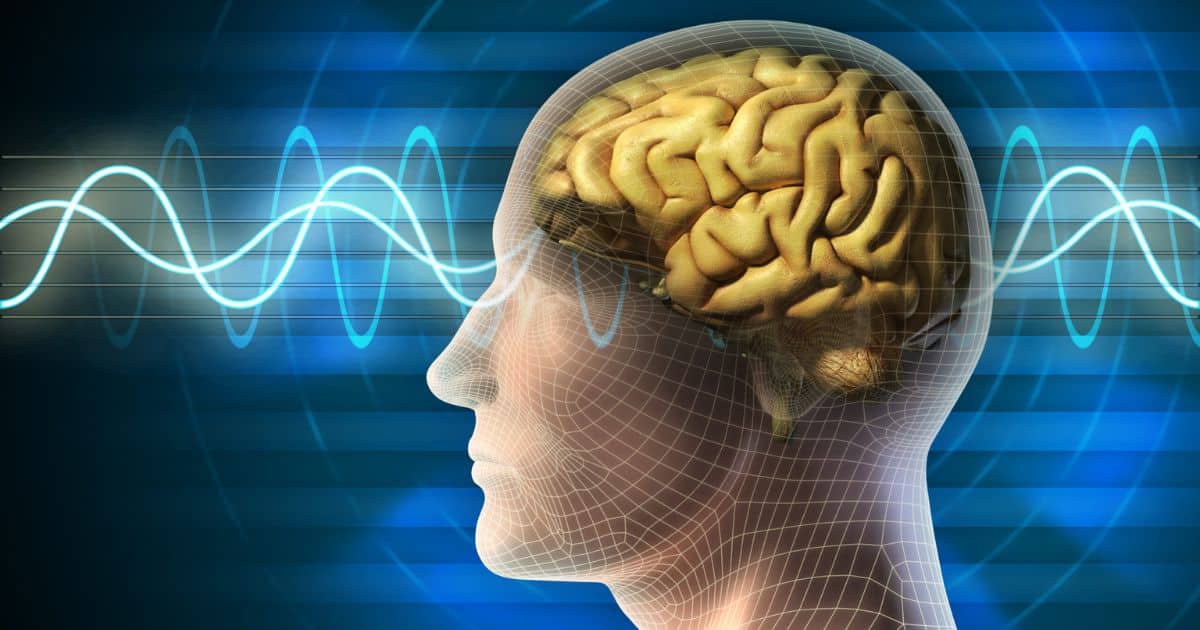According to recent studies, mental health challenges affect millions of individuals worldwide, making it crucial to explore effective therapeutic approaches. One such approach is Acceptance and Commitment Therapy (A.C.T), which has gained prominence in the field of mental health treatment. This article aims to provide a comprehensive understanding of what A.C.T stands for in mental health, its key principles, application in psychotherapy, and the benefits it offers to individuals facing mental health challenges. Additionally, it will explore how A.C.T compares to other therapeutic approaches and provide resources for finding A.C.T practitioners.
Key Takeaways
- A.C.T stands for Acceptance and Commitment Therapy, which is a form of psychotherapy focusing on accepting thoughts and feelings without judgment.
- A.C.T encourages individuals to commit to actions that align with their personal values, promoting psychological flexibility and overall well-being.
- A.C.T utilizes mindfulness techniques, such as mindfulness meditation and cognitive defusion, to enhance self-awareness and acceptance of thoughts and emotions.
- A.C.T empowers individuals to navigate mental health challenges with self-compassion and resilience, leading to improved psychological well-being.
The Meaning of A.C.T in Mental Health
The concept of Acceptance and Commitment Therapy (A.C.T) plays a significant role in the field of mental health, offering individuals a holistic approach to managing psychological distress. A.C.T is a form of psychotherapy that focuses on accepting one’s thoughts and feelings while committing to actions that align with personal values.
This therapy encourages individuals to develop psychological flexibility, which enables them to engage in valued actions even in the presence of difficult thoughts and emotions. A.C.T also emphasizes the importance of mindfulness, helping individuals to be present in the moment and observe their thoughts and feelings without judgment. By practicing acceptance, committing to meaningful actions, and cultivating mindfulness, A.C.T aims to help individuals lead more fulfilling lives by reducing psychological suffering and enhancing psychological well-being.
Understanding Acceptance and Commitment Therapy (A.C.T)
An essential aspect of understanding Acceptance and Commitment Therapy (A.C.T) is recognizing its ability to promote psychological flexibility and enhance overall well-being. A.C.T is a form of therapy that focuses on helping individuals accept their thoughts and emotions while committing to actions that align with their values. It encourages individuals to develop a mindful awareness of their experiences and to let go of the struggle against unpleasant thoughts and feelings. Here are three key principles of A.C.T:
- Acceptance: A.C.T emphasizes accepting thoughts and emotions without judgment or attempts to control them.
- Cognitive Defusion: A.C.T teaches individuals to observe their thoughts from a distance, reducing their impact and influence.
- Values-based Action: A.C.T encourages individuals to identify their core values and take committed action towards living a meaningful life.
Key Principles of A.C.T in Mental Health Treatment
One of the key principles of A.C.T in mental health treatment is the promotion of psychological flexibility. Psychological flexibility refers to the ability to adapt and respond effectively to the thoughts, feelings, and experiences that arise in our lives.
It involves being present in the moment, accepting unpleasant emotions and thoughts, and taking action towards our values and goals. A.C.T emphasizes that psychological inflexibility, such as avoidance and control of unwanted experiences, can contribute to mental health issues. By fostering psychological flexibility, A.C.T aims to help individuals develop a more compassionate and accepting relationship with their thoughts and emotions, allowing them to engage in meaningful actions that align with their values. This principle encourages individuals to embrace the full range of human experiences and promotes overall well-being and psychological growth.
Applying A.C.T in Psychotherapy: Techniques and Strategies
Utilizing mindfulness techniques is an effective way of applying A.C.T in psychotherapy to enhance self-awareness and promote acceptance of thoughts and emotions. By incorporating these techniques, individuals can develop a greater understanding of their inner experiences and learn to respond to them in a more accepting and compassionate manner. Some key strategies and techniques used in applying A.C.T in psychotherapy include:
- Mindfulness meditation: This practice involves focusing one’s attention on the present moment, cultivating non-judgmental awareness of thoughts, emotions, and bodily sensations.
- Cognitive defusion: This technique helps individuals observe their thoughts without getting caught up in them, allowing them to create distance and reduce the impact of negative thinking patterns.
- Value-based action: This involves identifying personal values and aligning one’s actions with those values, which can increase a sense of purpose and fulfillment.
Benefits of A.C.T for Individuals With Mental Health Challenges
Enhancing self-awareness and promoting acceptance of thoughts and emotions, Acceptance and Commitment Therapy (A.C.T) provides numerous benefits for individuals with mental health challenges. A.C.T is a therapeutic approach that focuses on acceptance, mindfulness, and commitment to behavioral change.
One of the key benefits of A.C.T is its ability to help individuals develop psychological flexibility, which is the capacity to adapt and respond effectively to various life situations. By increasing self-awareness, A.C.T allows individuals to recognize and understand their thoughts and emotions without judgment or attachment. This promotes a sense of acceptance and reduces the impact of negative self-talk and rumination.
A.C.T also helps individuals clarify their values and commit to actions that align with those values, creating a sense of purpose and meaning in their lives. Overall, A.C.T empowers individuals to navigate the challenges of mental health by fostering self-compassion, resilience, and psychological well-being.
A.C.T Vs. Other Therapeutic Approaches in Mental Health
The comparison of A.C.T with other therapeutic approaches in mental health reveals distinct differences in their theoretical foundations and treatment goals. While traditional therapeutic approaches may focus on symptom reduction or elimination, A.C.T takes a different approach by emphasizing acceptance and mindfulness. Here are some key differences between A.C.T and other therapeutic approaches:
- A.C.T focuses on accepting one’s thoughts and feelings rather than trying to change or control them.
- A.C.T encourages individuals to be present in the moment and cultivate mindfulness, while other approaches may not prioritize this aspect.
- A.C.T places importance on values and committed action, helping individuals align their actions with their personal values to create a meaningful life.
Finding A.C.T Practitioners and Resources for Mental Health Support
When seeking mental health support, individuals can explore various avenues for finding A.C.T practitioners and resources that align with their needs and preferences. One way to find A.C.T practitioners is by contacting mental health clinics or counseling centers in their area and inquiring about therapists who specialize in Acceptance and Commitment Therapy.
Online directories and databases specifically designed for mental health professionals can also be a valuable resource for locating A.C.T practitioners. Additionally, individuals can consult their primary care physician or ask for recommendations from trusted friends, family members, or support groups.
It is important for individuals to consider factors such as location, cost, availability, and the therapist’s qualifications and experience when selecting an A.C.T practitioner. Taking the time to find a practitioner who resonates with their needs can greatly enhance the effectiveness and success of their therapy journey.
Frequently Asked Questions
Can A.C.T Be Used as a Standalone Treatment for Mental Health Issues?
ACT (Acceptance and Commitment Therapy) is an evidence-based psychotherapy that can be used as a standalone treatment for mental health issues. It focuses on accepting unpleasant thoughts and emotions while committing to actions that align with personal values, promoting psychological flexibility and well-being.
What Are Some Common Misconceptions About A.C.T in Mental Health?
Common misconceptions about ACT in mental health include believing it is a standalone treatment, rather than an adjunctive approach. Additionally, some may mistake it for acceptance and passivity, when it actually encourages active engagement and values-driven actions.
Are There Any Potential Risks or Side Effects Associated With Practicing A.C.T?
There are potential risks and side effects associated with practicing A.C.T in mental health. It is important for individuals to be aware of these risks and consult with a mental health professional to determine if A.C.T is appropriate for them.
How Long Does It Typically Take to See Results From A.C.T Therapy?
The length of time required to observe results from A.C.T therapy varies depending on individual circumstances, such as the severity of the mental health condition and the level of commitment to the therapeutic process.
Can A.C.T Be Effective for Individuals With Severe Mental Health Conditions?
ACT, or Acceptance and Commitment Therapy, can be effective for individuals with severe mental health conditions. It focuses on acceptance of thoughts and emotions, and commitment to taking actions aligned with personal values, regardless of symptoms or distress.
Conclusion
In conclusion, Acceptance and Commitment Therapy (A.C.T) is a valuable approach in the field of mental health. It focuses on accepting difficult thoughts and emotions, committing to one’s values, and taking action toward a meaningful life. A.C.T offers techniques and strategies that can be applied in psychotherapy to help individuals with mental health challenges. Compared to other therapeutic approaches, A.C.T has shown promising results. Finding A.C.T practitioners and resources can provide valuable support for those seeking mental health assistance. How can A.C.T benefit you or someone you know?









